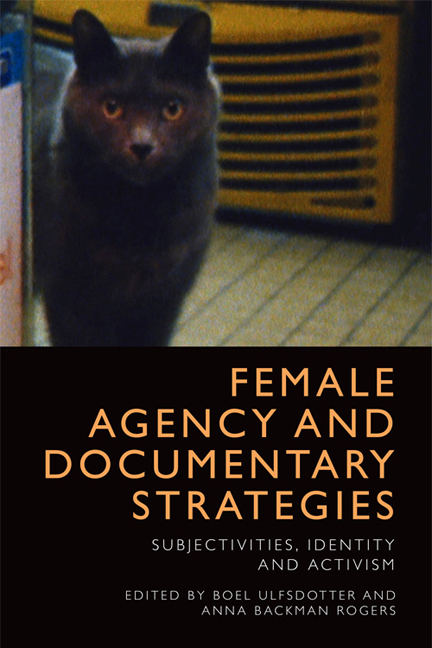10 - Documenting Georgia in Transition: The Films of Salomé Jashi and Nino Kirtadze
Published online by Cambridge University Press: 28 April 2021
Summary
Since the break-up of the Soviet Union, Georgia has been caught between its communist past and capitalist future, between its ancient traditions and its desire to modernise, between the sphere of influence of Russia and of European/American interests, and perhaps most crucially for visual culture, between the nebulous and ill-defined notions of East and West. It has frequently fallen to women to document and comment upon Georgia's state of liminality and transition. This chapter focuses on the films of Nino Kirtadze and Salome Jashi, as two standout examples of a tendency in Georgian cinema towards transitional documentary, a form that arises at times of protracted socio-political transition and which mixes more conventional forms of reportage with subjective and impressionistic commentary. Women have been in an ideal position to document the changes in Georgian society due to their status as outsiders in a traditionally highly patriarchal society. As a result, women directors such as Kirtadze and Jashi, along with a slew of prominent female fiction film directors (Rusudan Chkonia, Nana Ekvtimishvili and Tinatin Gurchian are amongst the most prominent of the current wave) have risen to prominence in Georgia.
A 2013 project called ‘Who's Afraid of Feminism in Georgia?’ aimed to highlight the contributions of women to Georgian culture and society, raising awareness of feminist ideology in the process. Lela Gaprindashvili, discussing part of the project, a collection of annotated postcards depicting fifty famous or influential Georgian women, stated that despite these women's names being familiar to many in Georgian society, people ‘don't connect them to the idea of feminism or women's rights, to the right to education, the right to vote, political rights’. Gaprindashvili also notes that ‘in the Post-Soviet period, society always questioned whether the idea of [gender] equality was a Georgian idea’. Suspicions that this was an imported, inauthentic idea abounded, and still do. Furthermore, as Keti Khidasheli of the project points out, in Georgia it is particularly important to make a distinction between urban and rural feminism. In cities, women may have greater access to social mobility with its attendant freedoms, while in villages women are busy with farm labour and family duties. Meanwhile unemployment and lack of access to education and modern amenities contribute to chronic social problems in rural areas.
- Type
- Chapter
- Information
- Female Agency and Documentary StrategiesSubjectivities, Identity and Activism, pp. 156 - 169Publisher: Edinburgh University PressPrint publication year: 2018



